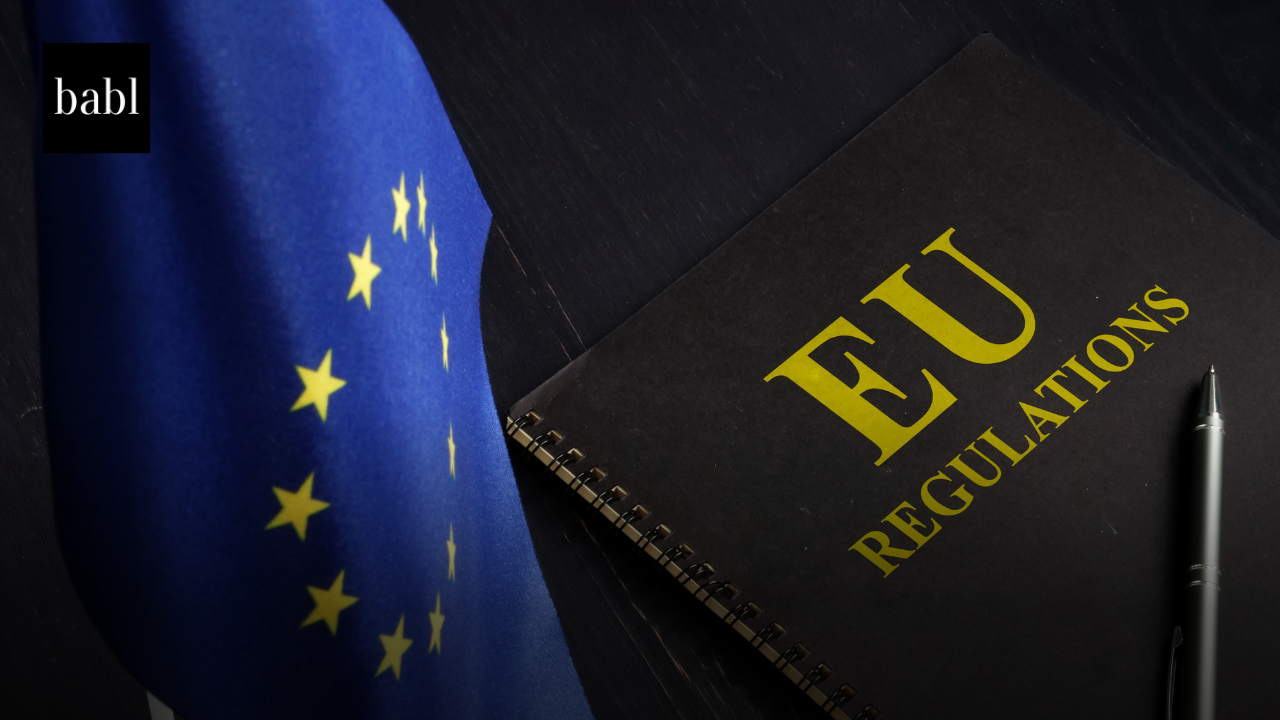The European Commission hosted the first official meeting of the Artificial Intelligence (AI) Board in Brussels, marking the beginning of a new era for AI governance in the European Union. The meeting follows the entry into force of the EU AI Act on August 1, 2024, a landmark regulation designed to shape the development and use of AI across the EU.
Laying the Groundwork for AI Governance
The inaugural session represents a significant step in the EU’s strategy to establish a robust and harmonized framework for AI oversight. The AI Board includes senior representatives from the European Commission and EU Member States, tasked with guiding the implementation of the AI Act and promoting responsible AI adoption across the bloc.During the meeting, participants discussed priorities for advancing AI governance and uptake, beginning with the Board’s internal structure and rules of procedure. The session also reviewed ongoing EU policy initiatives such as GenAI4EU, which supports the development and use of generative AI technologies.
Advancing the EU AI Act and Policy Coordination
The Board received updates on the first deliverables tied to the implementation of the EU AI Act, which will serve as the foundation for enforcing the regulation’s key requirements. These deliverables focus on ensuring that AI systems are safe, ethical, and compliant with EU standards. Member States also exchanged best practices on AI governance to encourage consistent approaches to compliance and enforcement. This collaboration reflects the EU’s goal of creating a single market for trustworthy AI that protects fundamental rights while supporting innovation.
The European Data Protection Supervisor (EDPS) and representatives from EEA/EFTA countries—including Norway, Liechtenstein, and Iceland—joined as observers, highlighting the international relevance of the EU’s governance model. The EU AI Office, serving as the Secretariat for the AI Board, coordinated the meeting and will continue supporting the rollout of the Act.
Building on Preparatory Efforts
This official session builds on preparatory meetings held in June 2024, where the groundwork for implementation began. As the Board moves forward, the Commission and Member States aim to establish a strong and timely governance structure that enables consistent enforcement and smooth collaboration across Europe. Also, with the EU AI Act now active, the European Union is taking concrete steps toward becoming a global leader in AI regulation—combining innovation with a steadfast commitment to transparency, accountability, and fundamental rights.
Need Help?
If you have questions about the EU AI Act or other global AI regulations, contact BABL AI. Hence, their Audit Experts can help you understand compliance requirements, assess risk, and prepare your organization for responsible AI adoption.





